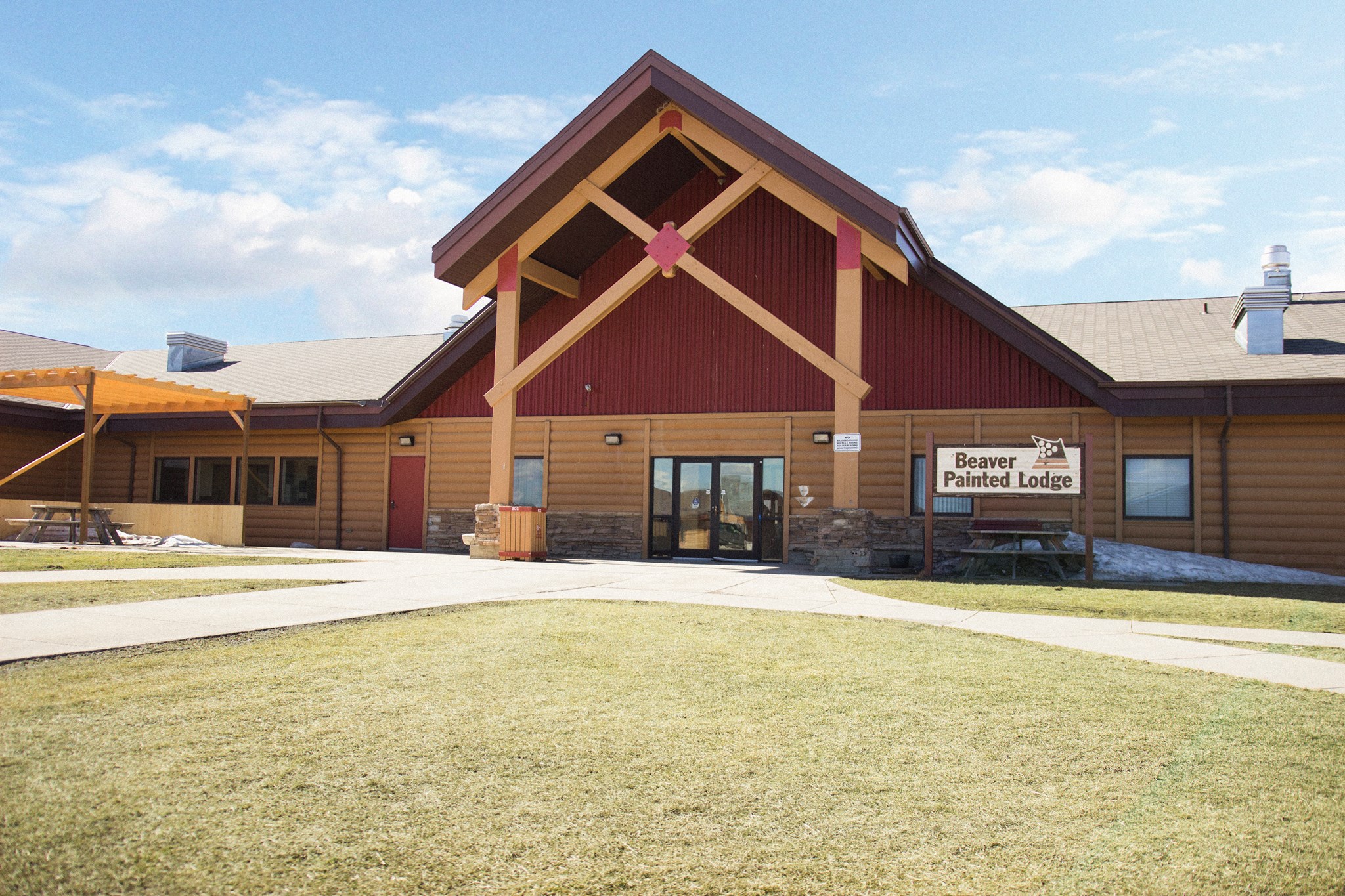
- Details
- By Native News Online Staff
GREAT FALLS, Mont. — Billionaire philanthropist MacKenzie Scott, the ex-wife of Amazon CEO Jeff Bezos, has donated to three tribal colleges in Montana.
Scott, who previously donated $20 million to the American Indian Graduate Center and $5 million to the Institute of American Indian Arts, announced in December that she had donated $4.2 billion over four months to 384 organizations across the country.
“In July, I asked a team of advisors to help me accelerate my 2020 giving through immediate support to people suffering the economic effects of the (COVID-19) crisis,” Scott wrote in a Medium post making the announcement. “They took a data-driven approach to identifying organizations with strong leadership teams and results, with special attention to those operating in communities facing high projected food insecurity, high measures of racial inequity, high local poverty rates, and low access to philanthropic capital.”
The donations were made out to Chief Dull Knife College, Salish Kootenai College and Blackfeet Community College.
Richard Littlebear, president of Chief Dull Knife College, told the Great Falls Tribune that Scott donated $1 million to the school.
Sandra Boham, president of Salish Kootenai College, told the newspaper that she would not disclose the donation amount. She said the funds will help the college provide affordable housing and professional development training for students.
In a statement, Blackfeet Community College leaders said the school “is truly indebted to Scott’s generosity and will ensure that these funds honor her values of racial equity and economic mobility. This is truly a transformative gift that will have a high impact on educational opportunities for the Blackfeet reservation and surrounding populations. Scott’s historic donation is the largest philanthropic gift that the college has ever received.”
According to the Montana Budget and Policy Center report. tribal colleges receive most of their revenue from federal funding, which gives $8,000 for each Native American beneficiary student.
More Stories Like This
Bard College Center for Indigenous Studies (CfIS) Hosts Annual Symposium With Keynote Speaker Miranda Belarde-Lewis on March 9–10American Indian College Fund Announces Spring 2026 Faculty Fellow Cohort
Navajo Nation Signs $19 Million Diné Higher Education Grant Fund Act into Law
Dr. Shelly C. Lowe to Be Inaugurated as IAIA President March 26–27
Tlingit Language Courses Expand for Students to Learn With Families At-Home
Help us defend tribal sovereignty.
At Native News Online, our mission is rooted in telling the stories that strengthen sovereignty and uplift Indigenous voices — not just at year’s end, but every single day.
Because of your generosity last year, we were able to keep our reporters on the ground in tribal communities, at national gatherings and in the halls of Congress — covering the issues that matter most to Indian Country: sovereignty, culture, education, health and economic opportunity.
That support sustained us through a tough year in 2025. Now, as we look to the year ahead, we need your help right now to ensure warrior journalism remains strong — reporting that defends tribal sovereignty, amplifies Native truth, and holds power accountable.
 The stakes couldn't be higher. Your support keeps Native voices heard, Native stories told and Native sovereignty defended.
The stakes couldn't be higher. Your support keeps Native voices heard, Native stories told and Native sovereignty defended.
Stand with Warrior Journalism today.
Levi Rickert (Potawatomi), Editor & Publisher

